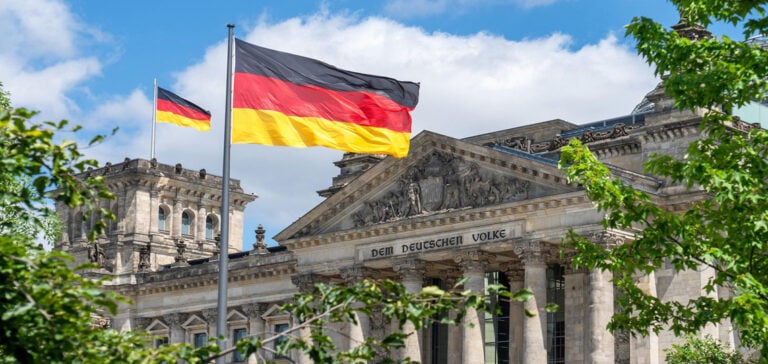The debate on energy subsidies intensifies, as political orientations and economic concerns collide. The International Monetary Fund’s (IMF) recommendation to abandon electricity subsidies for Germany’s manufacturing industry sheds a harsh light on the tensions at the heart of Europe’s most powerful economy. Alfred Kammer, Director of the IMF’s European Department, made the institution’s position clear in a recent virtual conference, pointing out that the planned subsidies could prove counter-productive, raising prices for non-beneficiaries and indirectly supporting fossil fuels.
Political tensions and economic implications
Attention is focused on the long-term implications of such measures for the country’s energy transformation. The emphasis on the need for a transition torenewable energy sources is reinforced by the IMF’s warning against the delays that such subsidies could cause. These remarks come against a backdrop of diverging opinions within the German government coalition, illustrating the complexity of the political and economic issues at stake.
The Electricity Price Cap: A Subject of Discord
On the one hand, the Minister of the Economy, backed by energy-intensive industries, is advocating a price cap to mitigate the impact of rising costs on sectors such as chemicals and steel. In opposition, the Minister of Finance refutes this approach, pointing out the budgetary impact it would have. These divergent positions reflect a national dilemma exacerbated by the war in Ukraine, which has pushed up energy prices and tested the resilience of industries.
The German Chancellor is seeking to balance these prospects with the promise of a solution that would avoid dramatic consequences for businesses in the face of the energy crisis. His role as mediator is crucial as Germany, according to IMF projections, faces an economic contraction of 0.5% in 2023, ranking it among the least robust economic performers in Europe.
Economic outlook for Germany and the Eurozone
In its report, the IMF stresses that countries with dense, energy-intensive manufacturing sectors are more affected than those oriented towards services and tourism. This puts into perspective the distinct challenges faced by national economies in the face of global turbulence. At a time when the euro zone is anticipating modest growth, Germany finds itself at a crossroads, having to reconcile the needs of economic preservation with the imperatives of a sustainable energy transition.
In Search of Balance: The German Government’s Response
The IMF’s analysis of German energy subsidies highlights the tensions between immediate economic imperatives and energy transition objectives. As Germany strives to find a viable balance, the road to a consensual solution remains fraught with obstacles, reflecting a major challenge for the future of its energy and economic policy.






















